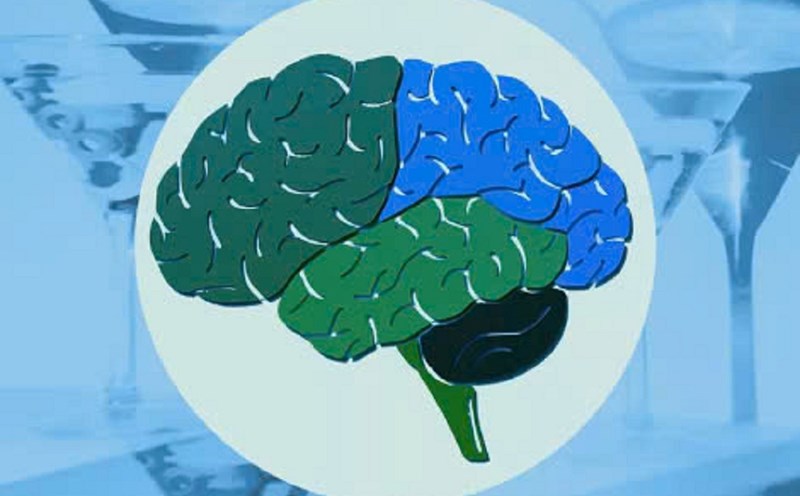Professor Gill Livingston, University College London, said early-stage Alzheimer's disease causes difficulty in recognizing objects and orienting in space.
These changes can cause the person to misinterpret their surroundings, leading to them going in an unintended direction to avoid obstacles.
As cognitive abilities decline, gait speed and range can change significantly, reflecting a decrease in confidence and balance.
Dr Kadam Nagpal, senior consultant neurologist at Salubritas Medcentre (India) said that gait can be an important indicator in identifying health problems, including dementia, especially in the early stages.
Dr. Kadam Nagpal points out 5 signs through walking that signal dementia:
Slow and lack of coordination: People with memory problems may move slowly and lack coordination due to reduced coordination between muscles and the brain.
Unsteady gait: A wobbly or unsteady gait can be a sign of impaired brain function, especially in the early stages of dementia.
Leaning or stooping: People with dementia may lean to one side or walk with a stoop. This is due to a loss of coordination between the body and awareness of posture or due to weakening of muscles and nerves.
Short, uncoordinated steps: People with dementia may walk with short, uncoordinated steps.
Wandering aimlessly and disorientation: The person may wander aimlessly, have difficulty orienting themselves, and lose spatial awareness.
These signs can appear gradually and are not always the only signs of dementia, says Dr. Kadam Nagpal. However, if you notice changes in your or a loved one's gait, this could be an early sign of a change in cognitive ability and should be checked by a specialist.







